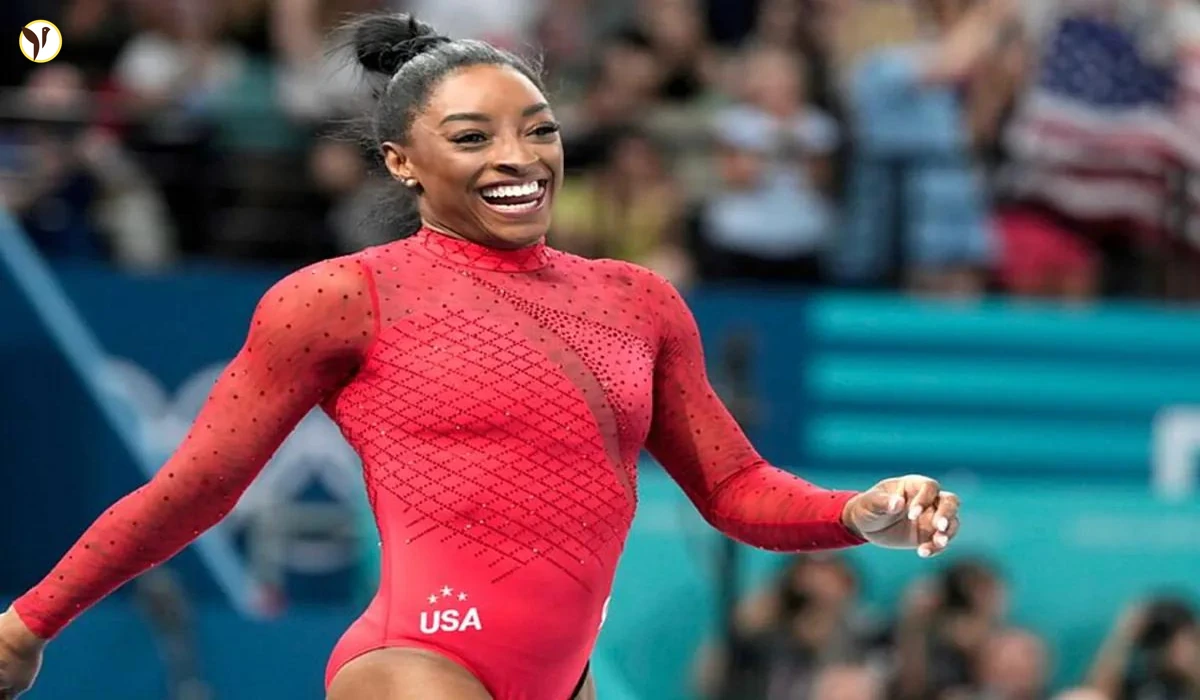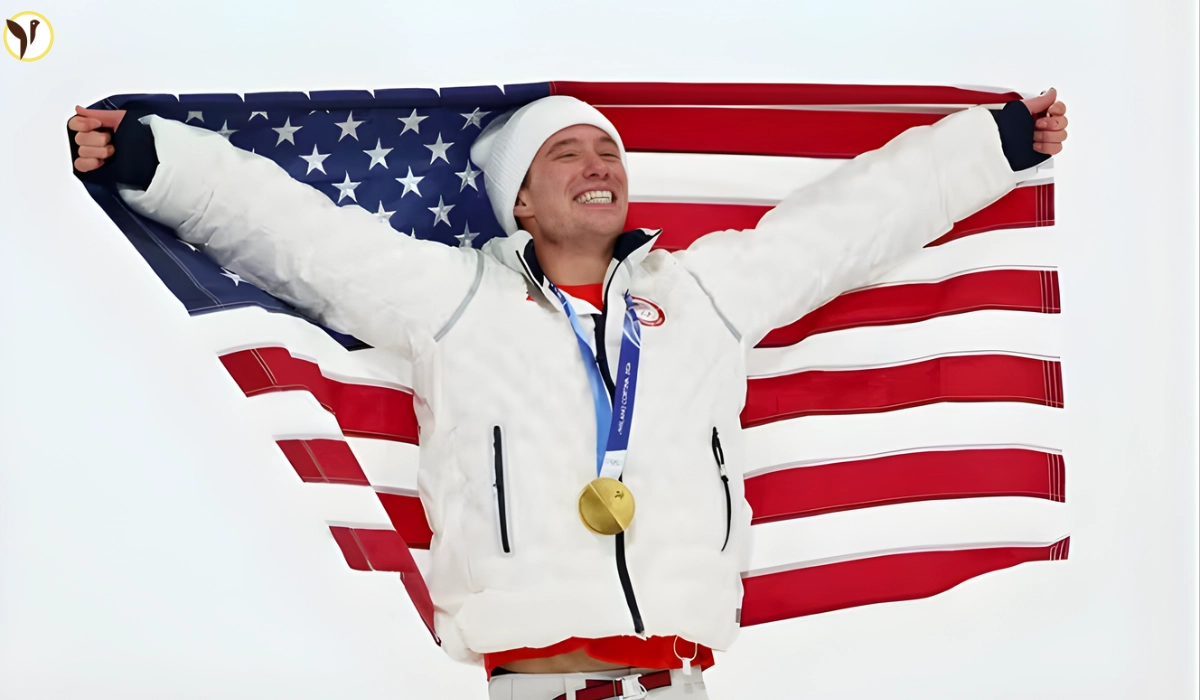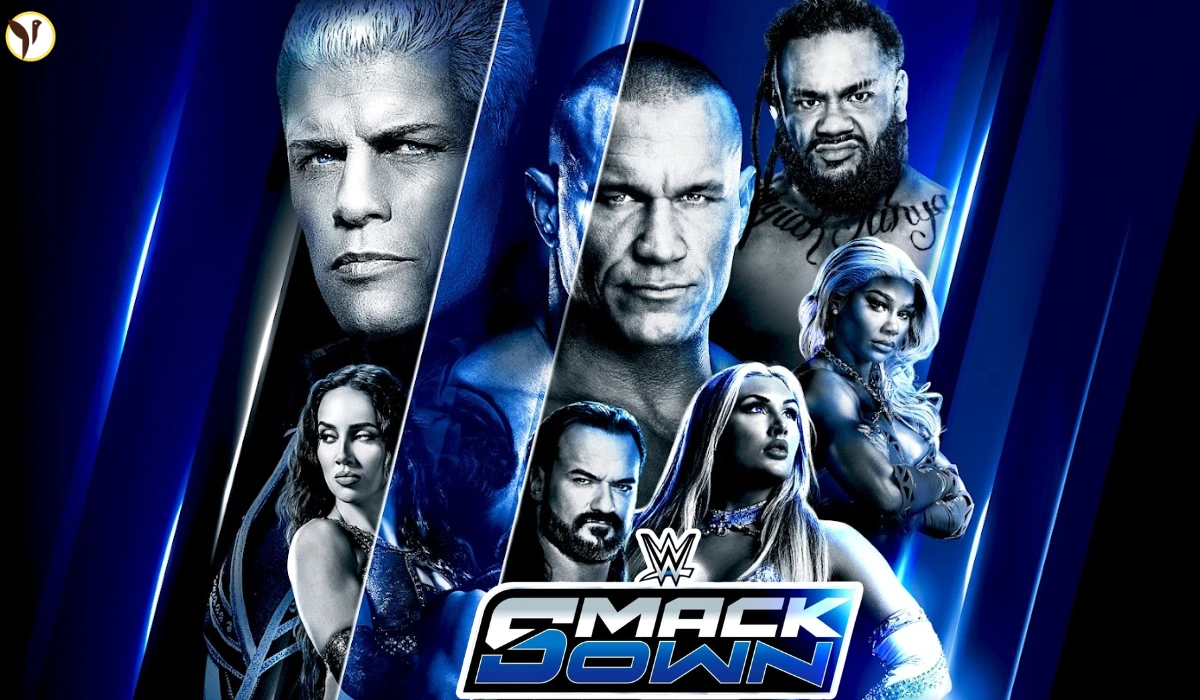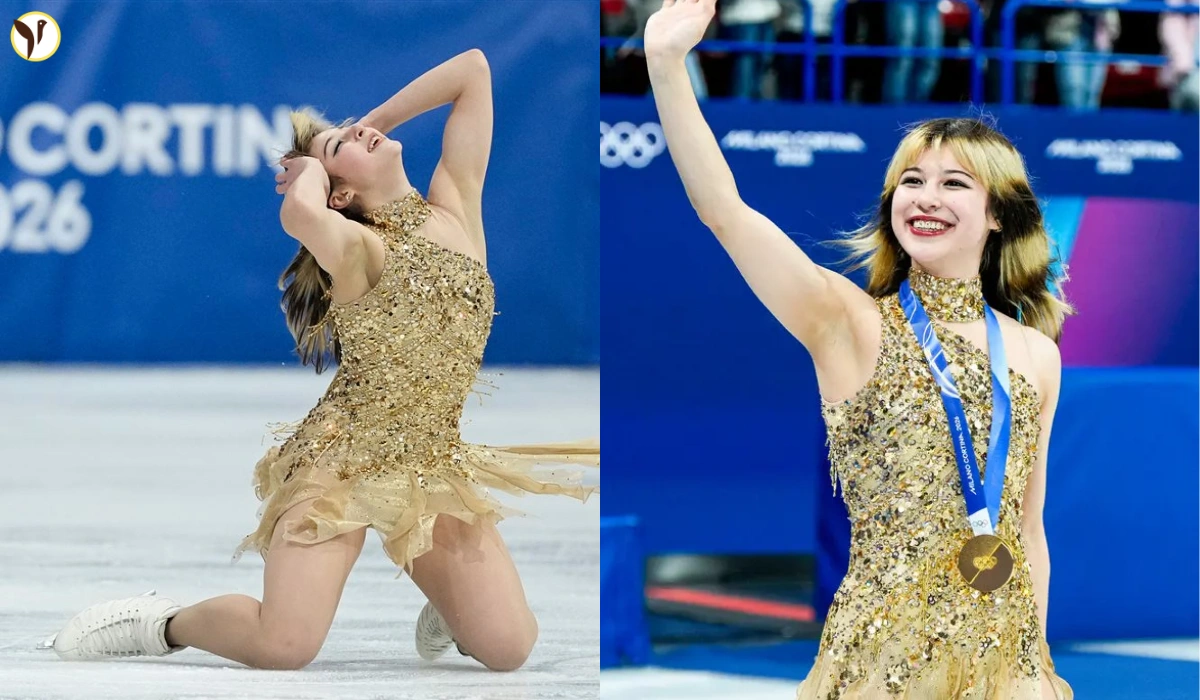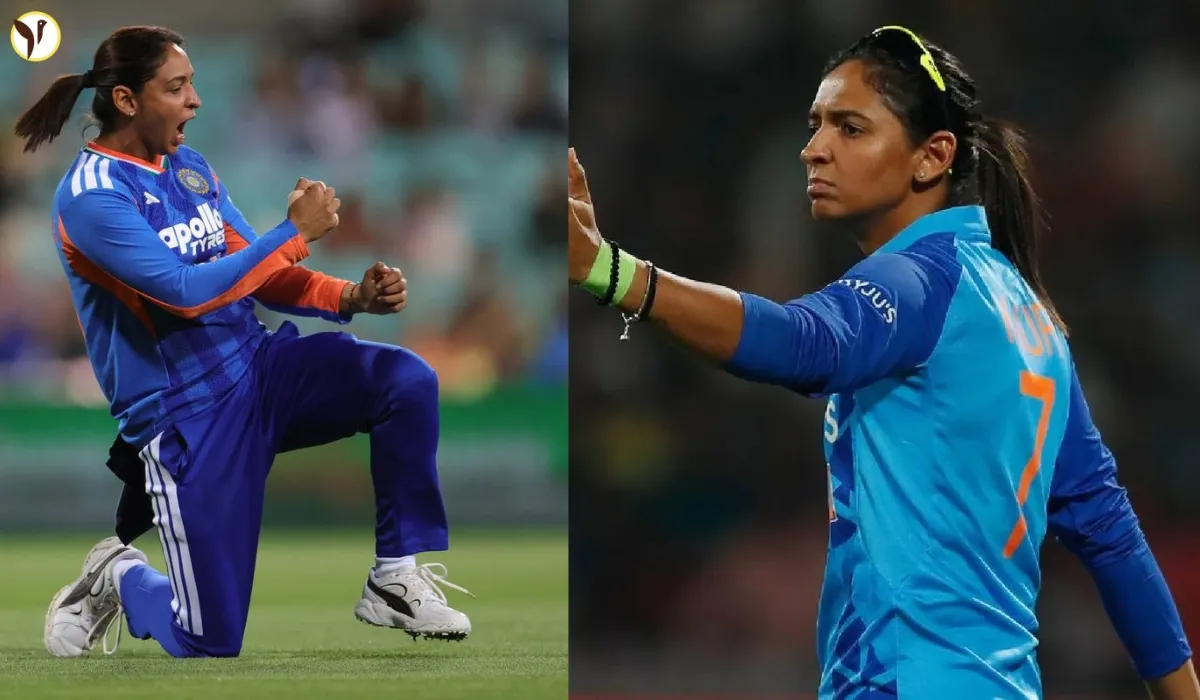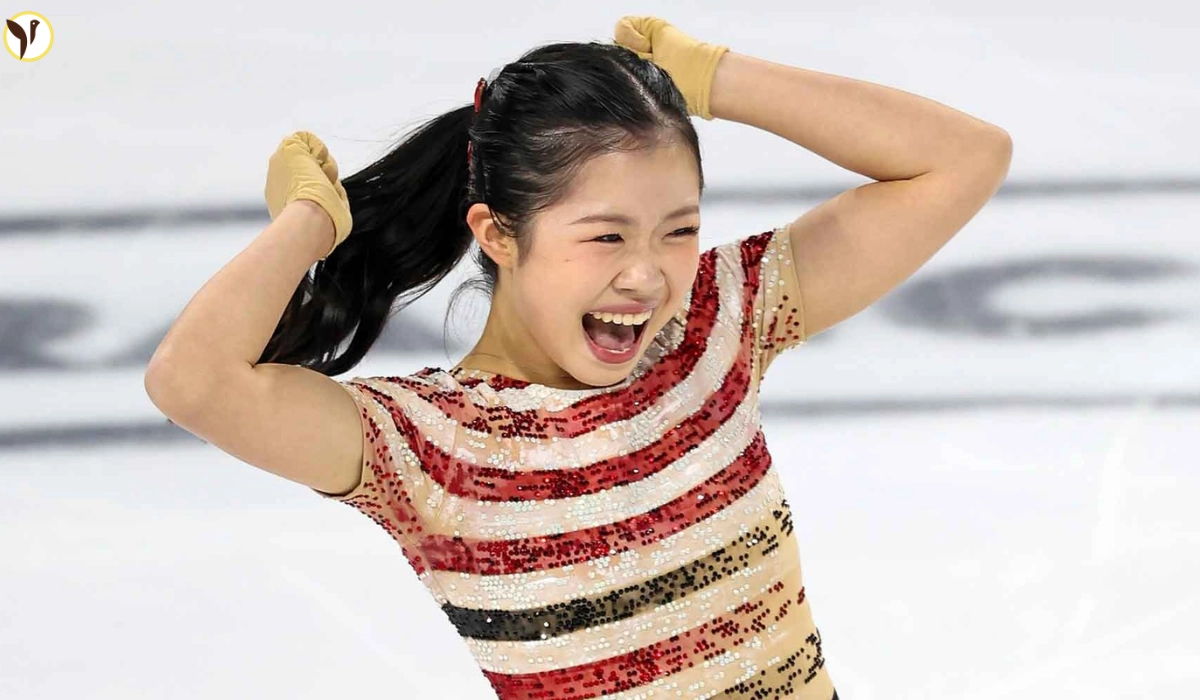Simone Biles and Riley Gaines: A Social Media Showdown
Honestly, the internet exploded this week. Olympic gymnast Simone Biles and former NCAA swimmer Riley Gaines are locked in a major public spat, and it’s all about transgender athletes competing in women’s sports. It’s a pretty intense situation, and I’m here to break down what happened.
It All Started With a Softball Game
Gaines, who’s become a pretty vocal critic of transgender women in sports, took to X (formerly Twitter) to comment on a Minnesota high school softball team’s state championship win. Their star pitcher? A transgender girl named Marissa Rothenberger. Gaines' comment, which implied Rothenberger shouldn't be playing, ignited the firestorm. I mean, she basically said the team won because they had a "boy" on the team. This is where things went sideways.
Biles' Fiery Response
Biles, known for her outspoken advocacy for inclusivity and LGBTQ+ rights, fired back with a series of tweets calling Gaines out. She called Gaines "truly sick" and a "sore loser," suggesting her opposition stemmed from losing a race years ago to trans swimmer Lia Thomas. Biles didn’t hold back, urging Gaines to support the trans community or work towards creating more inclusive spaces in sports. She even suggested a separate category for transgender athletes in all sports, you know, something that actually tackles the problem rather than just dismissing it.
- Biles’ key points: Gaines is bullying transgender athletes; Gaines needs to advocate for inclusive solutions, not exclusion.
Gaines Fights Back – And It Gets Messy
Gaines' response was…well, let’s just say it wasn’t exactly diplomatic. Instead of addressing Biles' points directly, she brought up Biles' past testimony about surviving sexual abuse by Larry Nassar. Many people saw this as a deeply inappropriate attempt to weaponize Biles' trauma for political gain. It really rubbed people the wrong way, and I have to admit, I found it incredibly shocking and unsettling.
- Gaines' key points: She doesn't think it's women's job to find solutions for inclusivity; transgender women shouldn't compete in women's sports.
The Bigger Picture
This isn’t just a celebrity spat; it’s a reflection of a much larger debate about fairness, inclusion, and the rights of transgender athletes. There are valid points on both sides, and frankly, it's a really complex issue with no easy answers. This confrontation between Biles and Gaines highlights the polarization of the debate and the strong feelings surrounding it.
The entire situation leaves me with more questions than answers. How do we balance the need for fairness and inclusion? What are the long-term implications of these kinds of policies, particularly for young athletes and the broader transgender community? These are important conversations we need to be having.
What Now?
The social media firestorm continues, with both sides digging in. What's clear is that this debate isn’t going away anytime soon, and it's a conversation that needs to involve athletes, policymakers, and the broader public.
